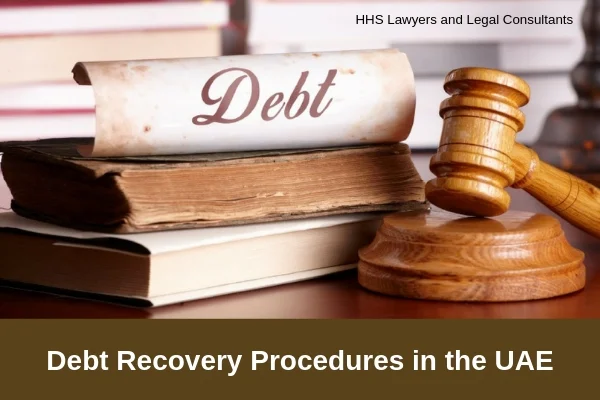Non-payment of civil claims can result in some serious consequences that may include the possibility of imprisonment. Whenever a court issues a judgment in a civil case to pay off the debt, it has a pre-established process. For the enforcement of the penalties, there is a well-designed procedure.
This article discusses in detail the circumstances under which civil imprisonment may occur. The article also delves into the associated conditions and explains what happens after a court issues a judgment regarding an individual to pay a sum of money in a civil case. Furthermore, we will discuss the options available to the person in such a civil case.
However, the legal system of the UAE does consider various factors. Some of the crucial factors to consider are the amount of the debt and the financial situation of the debtor.
Learn More Here: UAE Legal Systems, Legal Consultants and UAE National Advocates
The big question that arises is what will happen if someone doesn’t pay a court-ordered debt in a civil case? Can they go to jail or receive life imprisonment for not paying off the debts timely?
What happens after a Court Judgment is a million-dollar question. A civil court of the UAE may give a final judgment that orders someone to pay a specific amount of money. The person who is offered the money is also called the claimant.
The individual can take certain steps to make sure the judgment is enforced properly. They have the authority to inspect the defendant’s assets and compel them to pay the judgment amount.
The Execution Court of UAE then sends a notice to the defendant. This allows them at least 15 days to make the final payment to the claimant.
For instance, if the Defendant Doesn’t Pay within the prescribed time of 15 days, this may result in some serious measures. There are several measures that the Execution Court can take against them.
The attachment and Sale of Property involves seizing and selling the defendant’s belongings to pay off the debts.
Moreover, the attachment of Stocks, Bonds, and Shares is done. The execution court may order to freeze them to pay off the debts. They may take such financial assets to serve the purpose.
In case the defendant owns the Land or Property in real estate, it can be used to pay off the debts.
The Bankruptcy Proceedings in rare cases like bankruptcy proceedings can be initiated. This is to be done with the Bankruptcy Law.
Lastly, the imprisonment of the Debtor can also take place in exceptional circumstances. Here the execution court can order the imprisonment of the debtor. It can be done by preventing them from leaving the country altogether.
Imprisonment or detention can occur when ordered by the Execution Court. In case if a defendant fails to comply with the writing of execution and is not insolvent.
The imprisonment orders can be renewed for 1 month time. However, it can be extended up to a maximum of 3 years.
Before issuing such an order, the Execution Court investigates the defendant’s financial situation. In case they get insufficient evidence provided by the claimant, the court grants the penalty.
Moreover, the court can also grant the time to the defendant of up to six consecutive months to pay the debt. Furthermore, it allows them to pay the amount in installments. The defendant can get the time of over no more than three years.
Besides, where the court is concerned that the defendant might try to escape the country, they may impose travel bans.
However, there are certain conditions under which civil imprisonment cannot be ordered. For example, if the debt is subject to execution is less than AED 10,000, this results in a fine or compensation.
It can be in the form of a fine, alimony, work-related compensation, or a work-related obligation. Also, if the debtor can provide a bank guarantee or a solvent surety that is accepted by the court, they may not be imprisoned.
The imprisonment of a debtor is a potential legal action sought as a last resort by the Execution Court. The court has the discretion to decide regarding imprisonment as an appropriate action. For this, the court keeps in mind some conditions before the final verdict.
